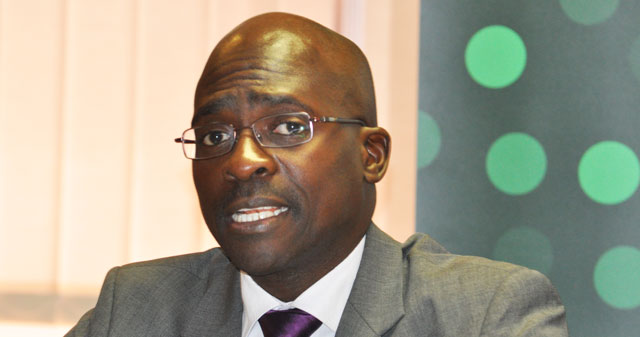
The department of home affairs plans to expand its smart card applications at bank branches by the end of October, following the success of the pilot project, minister Malusi Gigaba said on Wednesday.
Since the partnership began in April, a total of 35 751 applications were submitted through the system known as “eHome Affairs”.
Negotiations are underway with the big four banks — Absa, Standard Bank, First National Bank and Nedbank — to expand the programme.
Currently, the service is offered at 12 outlets in Gauteng and one in Canal Walk, Cape Town.
Gigaba said the project cut down on queues at home affairs offices, flushed out people with forged IDs and allowed banks to reduce document fraud with their link to the home affairs database.
The eHome Affairs project also offers passport applications at the participating banks. The only service it cannot offer at present is first-time ID applications. These still have to be done at a home affairs office.
Currently, banks do not charge for the service but could do so in future.
The eHome Affairs project will also deal with the backlog of converting the green ID books to the smart card ID. Current projections are that the optimistic target of having everyone done by 2018 will be overshot by at least 17 years.
“It became clear that that timeline was completely misguided, even with the best intentions,” Gigaba said.
“That is why we are so eager to conclude the public-private partnerships with participating banks to make the service available to everybody.”
Over 5m people have their smart card already, but 34m still need to convert.
The cost to the department has been minimal because of the use of the banks’ facilities. Without extra budget, it would not have been able to complete the conversions by itself.
Meanwhile, due to system maintenance and enhancements, home affairs will not offer smart card or passport services on Saturday, 3 September.




